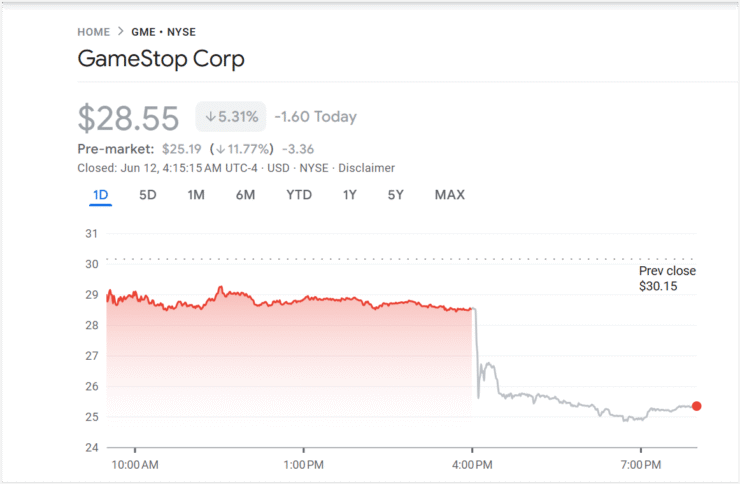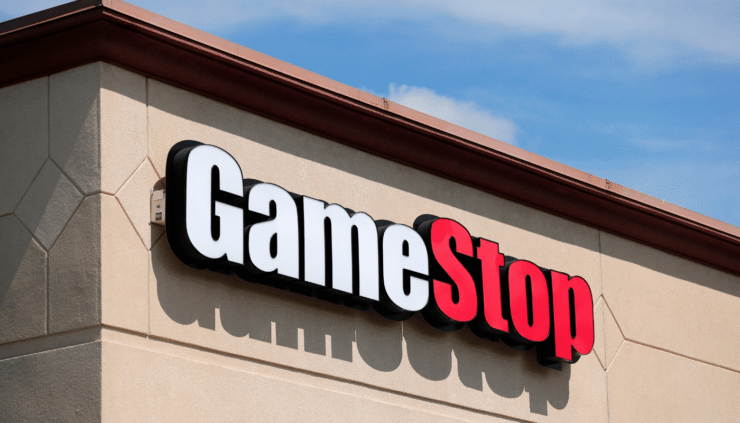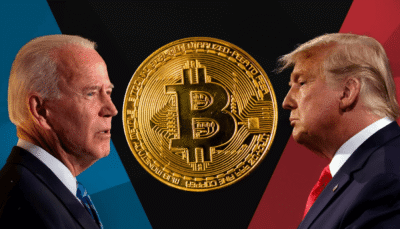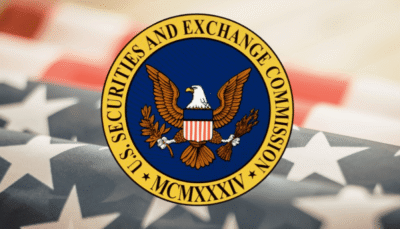GameStop shares took another hit late Wednesday, tumbling 11.7% in after-hours trading following the announcement of a $1.75 billion private convertible senior note offering. The sharp drop added to an already rough week for the meme stock darling, which had fallen 5.3% earlier in the day after reporting a 17% year-over-year revenue decline in its Q1 earnings.

The new fundraising effort signals a continuation of GameStop’s pivot toward debt financing—an approach that could offer the company flexibility but also raises investor concerns about dilution and long-term strategy. While the firm did not directly link the proceeds to Bitcoin purchases, it hinted that the funds may be deployed in line with its existing investment policy, leaving open the possibility of further crypto exposure or M&A activity.
The timing of the announcement couldn’t have been worse for investors already rattled by underwhelming financials. With revenue slipping and little clarity on how fresh capital will be used, market sentiment has quickly soured. GameStop’s latest moves suggest the company is leaning into financial engineering rather than revealing a concrete operational roadmap—a tactic that may frustrate both institutional investors and retail loyalists hoping for a turnaround plan grounded in fundamentals.
GameStop’s Bitcoin Bet Deepens With Debt Offering
GameStop’s latest $1.75 billion convertible note offering comes on the heels of a bold crypto play—using a chunk of a previous $1.5 billion raise to purchase 4,710 Bitcoin. Valued at $513 million at the time of acquisition on May 28, the move placed the video game retailer among the top 15 corporate holders of Bitcoin globally, now ranking 13th according to BitcoinTreasuries.net.
This aggressive foray into digital assets aligns with a growing trend among public companies leveraging convertible debt to build crypto treasuries. The new notes, set to mature in 2032, carry a 0% interest rate and offer buyers the option to convert into cash, GME shares, or a combination of both—at GameStop’s discretion. The structure includes an additional $250 million upsizing option for initial investors, signaling the company’s openness to expand the deal if demand proves strong.
Bitcoin Gains Erased as Revenue Miss Sparks Selloff
GameStop’s volatile ride took another hit this week after the company’s Q1 earnings report revealed a mixed performance—one that reversed recent profits but failed to impress Wall Street. The retailer posted a $44.8 million profit for the quarter, a notable turnaround from the $32.3 million loss reported in Q1 2024. However, that headline gain was overshadowed by a 17% year-over-year revenue drop to $732.4 million, falling short of analyst expectations and triggering a steep after-hours selloff.
The pressure mounted further following GameStop’s latest $1.75 billion debt announcement, driving shares down another 11.7% in after-hours trading. According to Google Finance data, GameStop stock has now declined 18.5% since May 28—the day the company disclosed its initial $513 million Bitcoin purchase. That drop effectively wipes out all price gains made since March 25, when GameStop first signaled its intent to adopt a crypto-forward investment strategy.
The market’s reaction stands in contrast to other public companies that have seen positive stock momentum following Bitcoin purchases. In GameStop’s case, however, investors appear more concerned with inconsistent revenue trends and a lack of strategic clarity than with headline-grabbing crypto moves.
Quick Facts
- GameStop stock dropped 11.7% after announcing a $1.75B debt raise.
- Q1 revenue fell 17% year-over-year to $732.4 million.
- GameStop previously spent $513M to acquire 4,710 Bitcoin.
- The firm now ranks 13th among corporate BTC holders.
- Shares have declined 18.5% since disclosing the Bitcoin purchase.





